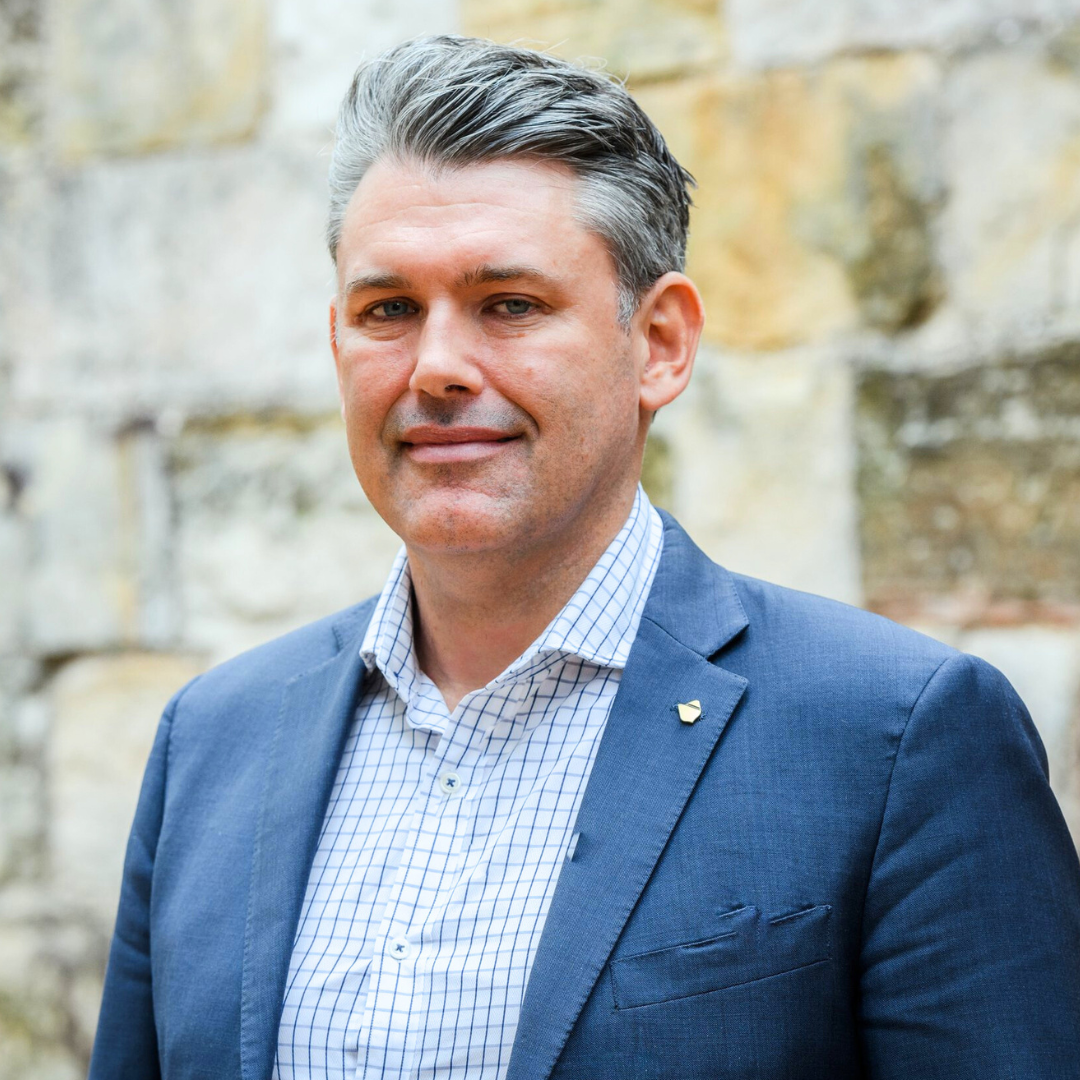Understanding Thyroid Nodules
 |
A/Prof Anthony Glover MBBS BSc (Med) PHD FRACS
A/Prof Anthony Glover is a Specialist Endocrine Surgeon and Surgical Oncologist, focused on the work-up and treatment of thyroid, parathyroid, and adrenal gland diseases and tumours. A recognised leader in cancer research, surgical research and surgical education, he leads a research team at the University of Sydney and has received multiple awards, including a NSW Premier’s Award for Outstanding Cancer Research. Committed to patient-centred care, he provides personalised treatment based on the latest research and best practices.
|
2nd April, 2025
The thyroid is a small gland at the base of your neck that makes hormones to help your body use energy. Sometimes, a lump called a thyroid nodule can form in the thyroid. These lumps can be solid or filled with fluid. Most of the time, thyroid nodules are small, you can't feel them, and they don’t cause any problems. They are usually caused by extra cells growing in the thyroid. In a few cases, the nodules can grow larger and cause problems, like pressure, trouble swallowing, or breathing.
Thyroid nodules are common. Many people find out they have them during medical check-ups or when getting an ultrasound or CT scan for other reasons. In fact, more than half of people who get these tests may have small thyroid nodules, even if they don’t know it. Most of the time, these nodules aren’t dangerous and don’t need any treatment.
The older you get, the more likely you are to have a thyroid nodule. By age 30, about 30% of women will have one, and by age 70, about 70% will have one. People who have certain thyroid problems, like Hashimoto’s or thyroid inflammatory disease, or those who have been exposed to radiation, are more likely to get thyroid nodules. But only a small number of people with nodules need treatment.
You might worry that a thyroid nodule could be cancer, but the chances of that are small. Around 90% of thyroid nodules are not due to a cancer. However, if someone has had radiation, has a family history of thyroid cancer, is obese, or is under 20 years old when they find the nodule, the risk of cancer is higher. If you notice the nodule getting bigger, hoarseness, difficulty swallowing, neck pain, or discomfort, it’s important to talk to a doctor and have further tests to assess the nodule.
In many cases, doctors will just watch the nodule over time instead of treating it right away. This is because more tests or treatments might not be needed and could cause unnecessary worry and possible complications of treatment. However, if the nodule is causing symptoms or is suspected of being a cancer you may have further tests such as blood tests and a biopsy or needle sampling of the nodule.
Treatment for nodules can range from observation to surgery if they are causing symptoms or if they are suspected to be a cancer. Newer treatments for thyroid nodules include the use of special testing techniques called molecular testing and non-surgical options to reduce nodule size such as ablation.
If you are needing treatment, it’s important to see a specialist who has experience with thyroid nodules who can discuss all possible options. Specialists who are trained in the care of thyroid nodules include endocrine surgeons, ear nose and throat surgeons and endocrinologists.
In conclusion, most thyroid nodules are harmless and don’t need treatment. If you find out you have one, talk to your doctor, ask if more tests are needed, and understand that many nodules don’t require any treatment.